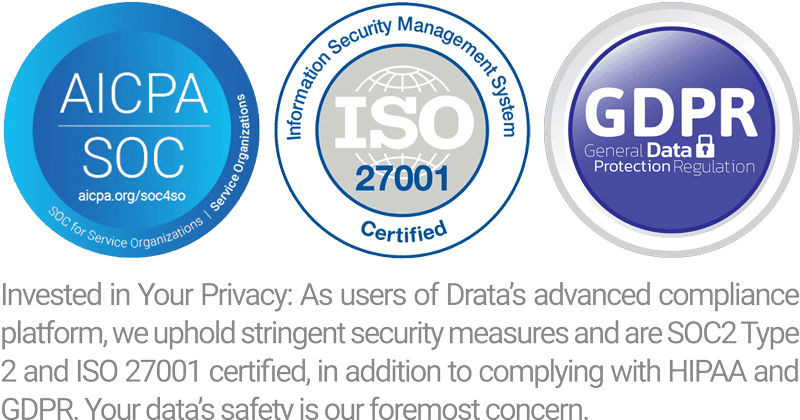How the Silverpop $25 Million Funding is seen at Lead Liaison
 How is the Silverpop $25 million funding round seen at Lead Liaison? One of our worthy marketing automation competitors, Silverpop, recently announced it raised $25 million in funding. It is good to see industry leaders like Silverpop, Eloqua, and Marketo achieve the financial backing they have over the past few years. This shows to us that the marketing automation space is proving itself to be a hugely potent vehicle. The financing those giants are receiving will surely help lift the marketing automation industry to new heights.
How is the Silverpop $25 million funding round seen at Lead Liaison? One of our worthy marketing automation competitors, Silverpop, recently announced it raised $25 million in funding. It is good to see industry leaders like Silverpop, Eloqua, and Marketo achieve the financial backing they have over the past few years. This shows to us that the marketing automation space is proving itself to be a hugely potent vehicle. The financing those giants are receiving will surely help lift the marketing automation industry to new heights.
With the funding that Silverpop has achieved, our Lead Liaison team is confident that their technology – like ours (which delivers error-free, robust lead generation and lead management functions) – will become more powerful to marketers. They intend to devote mass amounts of money to improving functionality, integration, and customization of marketing automation platforms. Their developments will be good for all of us.
But we’re here to tell you that having all that money doesn’t necessarily lead to better customer experiences in the marketing automation space. In fact, our products, like the user-friendly Lead Management Automation™ platform, perform marketing automation and lead management functions better than more costly platforms available* today, and we provide customer-centric support that sometimes gets lost as companies like Silverpop get big and focus on investor returns. Our boots- to-the-ground mentality means that we focus an entire team around solutions that fit your company. And It doesn’t take $25 million dollars to provide you with a quality marketing automation company.
The playing field in the marketing automation industry, from a product development standpoint, is fairly level. Lead Liaison has some of the best program developers and coders in the world developing our SaaS products. We applaud Silverpop in its impressive funding accomplishments. We just don’t think you should have to pay more for their products because of their financing successes.
To learn more about marketing automation and lead management visit our Revenue Generation blog or contact a Lead Liaison team member today.
*According to customer feedback in Q1 2013




